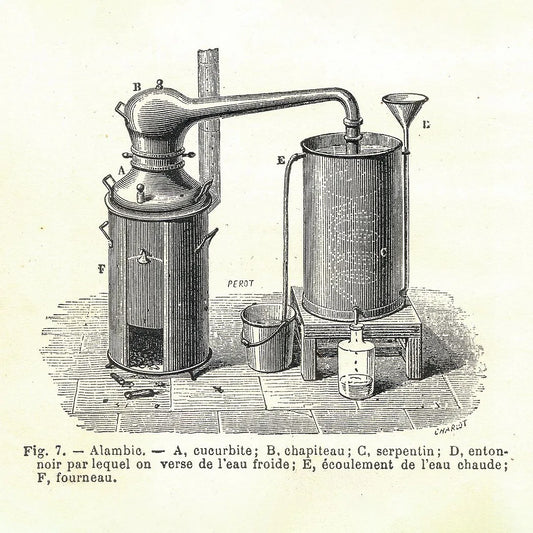A cephalic substance helps to clear the mind, allowing users to focus their attention on a task or subject. Some essential oils used in aromatherapy are believed to have this ability and may provide a bit of a stimulant as well—which, in turn, leads to better focus. Practitioners of essential oils claim that basil (ocimum), clary sage, garlic, juniper berry, peppermint, and rosemary oils can act as cephalic agents.
Anecdotal evidence abounds for the effects of essential oils on alertness and focus, but there is precious little science to back this up. Several studies examine whether inhaling the aroma of an essential oil can ward off sleepiness—not quite the same thing as promoting alertness but a step on the way to improved focus and concentration.
In 2005, Norrish and Dwyer’s work with peppermint oil, published in the International Journal of Psychophysiology, pointed to a benefit from aromatherapy. The researchers introduced the scent of peppermint oil in a darkened room and placed their subjects in the room for 11 minutes. They used the Stanford Sleepiness Scale to determine the participants’ overall sleepiness, as well as to observe changes in the activity of their pupils. “When compared with a no-odour condition, the presence of peppermint oil limited the increase in sleepiness during 11 min spent in a darkened room,” they observed. “However, the mechanisms by which peppermint oil has its effect and the applicability of these findings to situations in everyday life will require further empirical investigation.”
A recent study published in the May 2021 Complementary Therapies in Clinical Practice tested rosemary essential oil on 80 nurses working the overnight shift in a hospital. After administering two sleep questionnaires to the nurses to create an objective scoring system of their overall sleepiness, the researchers placed one drop of rosemary essential oil in the masks of 40 of the nurses and one drop of distilled water in the masks of the others. Later in their shift, the nurses took the sleepiness surveys again. The 40 nurses who received the rosemary oil saw their sleepiness scores drop significantly, indicating that they felt much less sleepy throughout their shift. The nurses who received distilled water, however, actually felt sleepier by the end of their shift. “Rosemary aroma decreased sleepiness and increased alertness in shift-working nurses,” the researchers concluded.
A 2013 study in Austria, published in Scientia Pharmaceutica, used an electroencephalogram (EEG) with 20 human participants who had inhaled the aroma of rosemary essential oil. Sayorwan et al. (2013) found that inhaling rosemary oil reduced alpha waves in the brain, indicating a period of relaxation while awake, and it increased beta waves—the waves that are most active when a person is focused, alert, and ready to make decisions.
Sowndhararajan et al. (2016) conducted a similar study to determine the effects of Inula helenium (known colloquially as elecampane) essential oil on brain activity, using an EEG to monitor the participants’ brains as they inhaled the oil’s aroma. Their study, published in the European Journal of Medicine in August 2016, found “significant changes” in brain activity, with increases in some ratios between brain waves that signaled that I. helenium “may enhance the alertness state of the brain and could be used for the treatment of psychophysiological disorders.”
A 2018 study of 79 high school students in Ukraine divided them into three groups: a control group, a group in a room sprayed with lavender essential oil, and a final group in a classroom sprayed with rosemary essential oil. Filiptsova et al. (2018), who published in the Alexandria Journal of Medicine, found that the group that inhaled rosemary essential oil had “significantly increased … image memory compared to the control,” especially in the memorization of numbers. The lavender group had a “weakened” ability to memorize numbers, while the control group performed the worst.
So there seems to be some credence to the claim that rosemary and elecampane essential oils can foster a greater sense of alertness and focus, while peppermint essential oil may be able to banish the sleepiness many of us face in the middle of the day or when we don’t get enough rest. Other oils may have this ability as well, though they have not been studied empirically, so any evidence of their cephalic qualities remains anecdotal at best.





